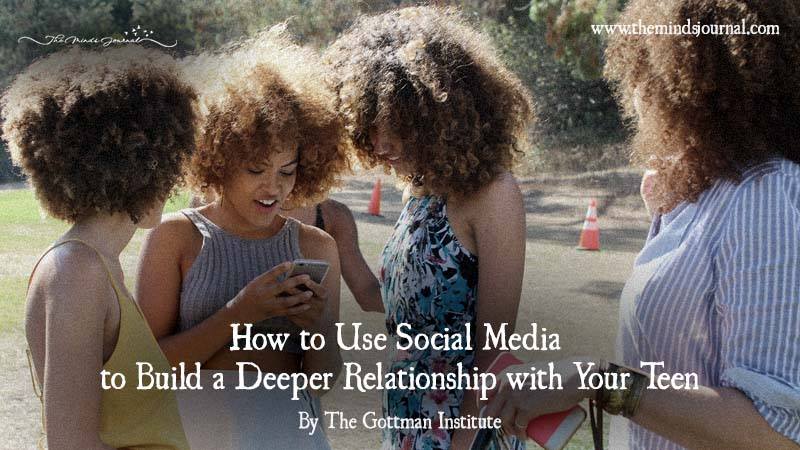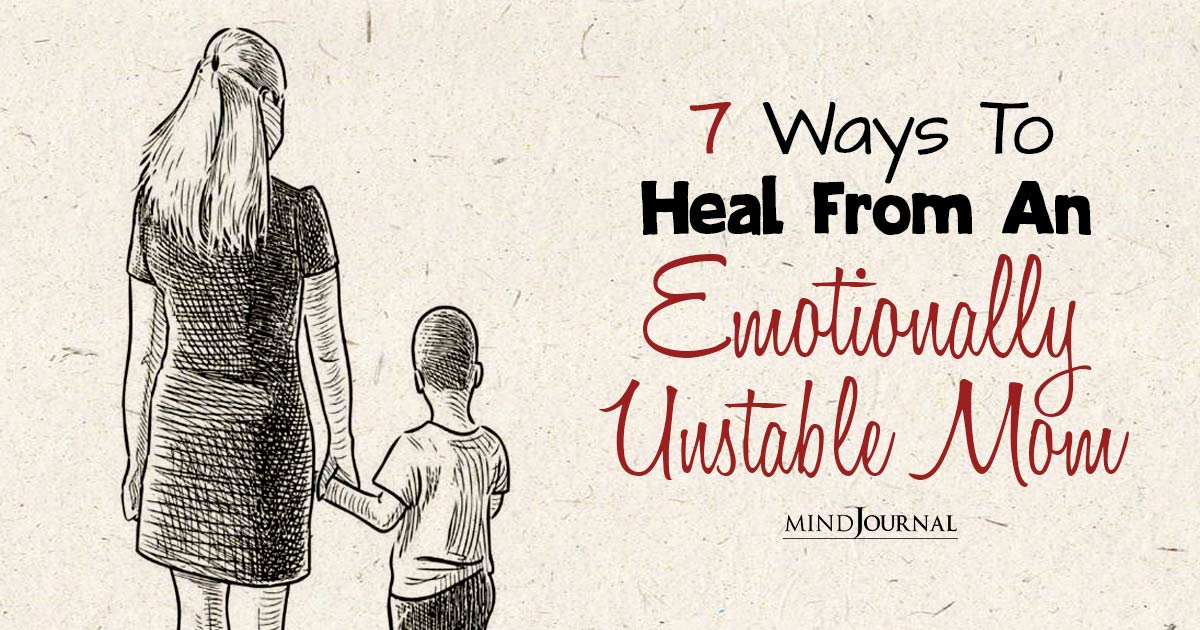We’ve had good relationships with our kids up to this point. We’ve driven the carpools, wiped away the tears. We might have faced some challenges along the way, but we’ve been able to work through them and guide our (mostly) cooperative children. Even though we know that teens are supposed to pull away from us and seek independence, the reality can be a major shock to parents.
I’m reminded of the quote by essayist Nora Ephron: “When your children are teenagers, it’s important to have a dog so that someone in the house is happy to see you.”
The Teenage Brain
From Rebel Without a Cause to The Breakfast Club to American Pie, the teenage years have been synonymous in our culture with angst, rebellion, and emotional drama. Until the past 10 years or so, the explanation was that the psychological and developmental tasks of adolescence were to blame. This transitional process is characterized by separation from parents, acceptance by peers, finding first loves, and building unique adult identities.
Over the last decade, however, functional MRI studies have given us new information about how the teenage brain works. The brain’s reward and fear centers mature first, making the teen brain more susceptible to anxiety and fear. Hormonal changes in puberty hit receptor sites in the amygdala making teenagers more emotional. The prefrontal cortex, the part of the brain responsible for judgment, impulse control, executive function and insight, is the last part to develop, and isn’t complete until into our twenties.
We also know from fMRI studies that the neural connections between parts of the brain are ongoing major reconstruction and rewiring during the teen years. The growth of synapses makes the teen brain a “sensation seeking learning machine” as Frances Jensen, MD, explains, in The Teenage Brain.
Complicating matters, dopamine, the pleasure hormone pleasure, is heightened in adolescence which means teenagers experience great reward from taking risks. So, our teenagers have an increased opportunity to learn but they also have an increased vulnerability to risk.
The teen brain is about 80% mature. It’s no wonder that it’s been described as all accelerator and no brakes. When we think about the highly stimulating and distracting world of the Internet, it’s like adding high octane gas to a fire.
Gender Differences In Teenage Development
Gender matters too. In adolescence, there are real differences in brain functions between male and female brains. There is some evidence to suggest that the jumping around from screen to screen, “multitasking,” negatively affects a boy’s brain more, which tends to lag behind the girl’s brain in organizational and attention skills during the teen years.
The amygdala, the seat of emotions in the brain, develops about 18 months sooner in females than males. This has implications for our teens online lives, as teens flock to highly stimulating gaming and social media sites.
This explains my client, 15 year-old Jackson, who is highly anxious about his upcoming finals, but grabbed an electric fence on a dare. And 16 year-old Belle, a straight A student, headed for a prestigious college, who sent naked photos to a boy via Snapchat, and later was mortified when he shared them at school. The research shows that our teens are not firing on all cylinders.
As parents, we can use this valuable information to be in a better position to help our kids navigate the turbulence of adolescence. We need to emotion coach our teens to acknowledge and understand their emotions to help them learn the necessary skills to be social and successful adults.
In our previous article, we talked about engaging with our kids about their technology use. If you have decided to embrace technology, then finding out what is meaningful for your tweens and teens about tech can be a powerful way to maintain connection and guidance during a time when it’s normal for them to pull away.
Given the huge amount of time and energy teens spend online, parents can be the emotion coaches their teens need by harnessing rather than fighting the technology to help learn valuable life lessons. Let me give you an example of a family that has been successful.
Emotion Coaching During Adolescence
When Alyssa started 8th grade, her parents, Amy and Robert, noticed her moodiness was getting worse. She felt left out by some old friends and felt sad one minute, angry the next.
Alyssa stopped playing guitar, which she’d loved, and spent more time on Instagram than any other activity. Respecting her privacy, her parents shared concerns about online safety with her, but believed this was a passing phase, so didn’t press the issue.
I met them when Alyssa was 15 and in her freshman year at high school. She had become secretive and argumentative with her parents. Amy had discovered some concerning texts that Alyssa had exchanged with a boy from school. She saw an Instagram post that referred to Alyssa cutting herself. Robert was dismayed, asking “Where did she go?” He told me that Alyssa spent at least 5 hours a day on social media.
Amy and Robert knew they needed to take action to help Alyssa. They read about adolescent brain development and realized that being angry with their daughter would only fire up her emotional brain. If that happened, they knew she would become angry and wouldn’t reflect on her decisions. The emotional part of her brain would dominate the part that was under construction – the prefrontal cortex.
So instead, they took a longer term view and knew it was vital that she develop more awareness and evaluate her online decisions. By taking a calmer approach, they enabled her to think through the potential consequences of her impulsive texts and posts.
They worked on remaining calm and talked with her about her social media use in a practical, level-headed way. They learned that while most of her friends online were supportive regarding her emotional turmoil, some were mean-spirited. They helped her sort through who to unfriend and why.
By being interested and understanding without lecturing or punishing, they modeled how to manage difficult emotions, a vital skill for adolescents to learn.
Because of this, they were in a better position to set limits and open up an ongoing conversation. Perhaps most importantly, they opened the door to a closer relationship with Alyssa, who now sees her parents as approachable.
In a skillful way, Amy and Robert integrated their knowledge of the teenage brain with their understanding of the role technology plays in their teen’s life.
Technology Can Be Our Friend
When we find ourselves getting frustrated with our teen’s screen time, it’s normal to express that frustration by lecturing or complaining, but technology can be our friend as parents. As in any healthy relationship, we need to have both boundaries and flexibility regarding technology, and model these for our kids so their developing brains can learn important skills in the world they inhabit.
Acting as your son or daughter’s prefrontal cortex at times may be necessary to make sure they don’t find themselves in trouble online. But talking with your teens about tech involves more than just online safety warnings. Get to the heart of what they enjoy about their online lives and why this is important to them, and continue to be their allies and guides in this realm.
By Sinead Smyth, LMFT
This article was originally published on The Gottman Relationship Blog.Want to learn how to connect with your teen in the age of technology? Subscribe to our Teens and Technology column here.








Leave a Reply
You must be logged in to post a comment.